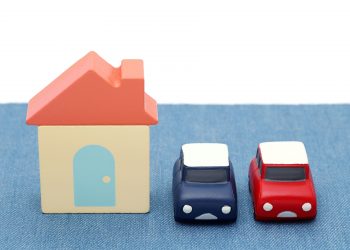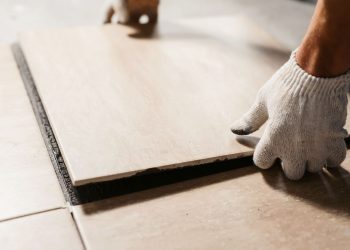Any household appliance can overheat and become damaged. Overheating can also spark an electrical fire that may cause serious damage to your house and harm your family. By following some simple tips, you can keep appliances from overheating and protect your home and loved ones.
Keep Appliances Clean
Dirt, dust and grease can accumulate on the coils and cables on a stove, refrigerator or another appliance. Clean them regularly with water or pressurized air.
A refrigerator’s condenser can get clogged with dirt, dust and animal hair and can cause the appliance to overheat. To clean the condenser coils, unplug the refrigerator. Then use a coil brush to remove debris or clean the coils with a vacuum.
Not cleaning the dryer regularly can lead to a fire. Remove lint from the dryer after each load.
Be Careful With Cords and Outlets
Don’t overload an outlet or extension cord beyond its capacity. Never run an electrical cord under a rug or carpet or use tacks or nails to hold it in place.
A damaged or frayed electrical cord is a fire hazard. Never use an appliance that has a frayed cord. Have the appliance repaired as soon as possible or replace it.
Before you plug in an appliance, make sure that the outlet can handle it. Never try to force a three-prong cord into a two-prong outlet. A large appliance, such as a refrigerator, should only be plugged into an outlet that is designed to handle that amount of wattage. Large appliances should have their own separate circuits and should be grounded.
Check to make sure that electrical connections are secure. If there is a poor connection, that can generate heat and damage the appliance and the outlet.
Appliances can generate heat if they are plugged in but not being used. If you aren’t using an appliance and it doesn’t need to be plugged in, unplug it.
Inspect the insulation around appliances periodically. Make sure that there is enough and that it is in good condition. Add more or replace the insulation if it is damaged.
How to Tell if an Appliance Is Overheating
If an outlet is broken, cracked or discolored, that can indicate that the appliance that is plugged into it has overheated. Smoke and unusual warmth are also indications that an appliance is overheating.
If you notice any of these signs of overheating, turn off the appliance and unplug it, if possible. You may need to replace the appliance or have an electrician conduct an inspection to figure out the cause of the problem and perform repairs.











